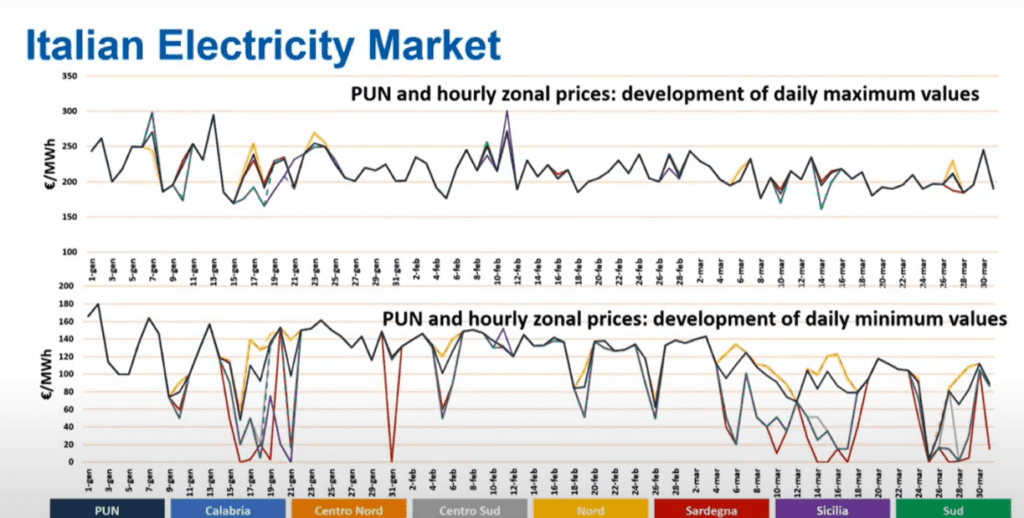Let’s take a look back at Italy’s Superbonus policy.
The Superbonus is a building bonus introduced by the former Italian Prime Minister Giuseppe Conte’s government in 2020.
The Superbonus includes both the Ecobonus and Sismabonus, which provide tax incentives for renovation projects aimed at improving the energy efficiency and seismic resistance of buildings.
Italy reimburses citizens for all expenses related to energy efficiency building interventions and adds a 10% bonus on top of the expenses. This is why it’s referred to as the “110% Superbonus.”

#post_seo_title
Tax-refundable construction projects include:
- Insulation layers
- Seismic improvements
- Replacement of doors and windows
- Upgrades to heating and air conditioning systems
- Solar photovoltaic systems
The subsidy amount depends on whether it is a standalone house or an apartment suite.
Citizens can retain these tax credits to reduce their tax liability, sell them to construction companies for direct invoice discounts, or sell them to financial institutions.
After more than two years since the introduction of the Superbonus, issues have arisen:
- Subsidies have exceeded expectations, putting significant pressure on the Italian treasury.
- Taking into account all the bonuses, the cost to the Italian treasury has exceeded 120 billion euros.
- Speculative activities have emerged, challenging business ethics.
- The rationality of the policy is being questioned.
Due to the various issues mentioned above, on February 17, 2023, the Italian government announced the suspension of all subsidy programs to prevent further threats to public finances.

#post_seo_title
However, due to a significant increase in industrial and commercial installations in Italy, it offset the decrease in HOME-ESS installations. As a result, the overall energy storage capacity in Italy increased substantially in 2023.
The Superbonus subsidy in Italy bears a striking resemblance to the subsidies once provided in the commercial vehicle sector in China.



